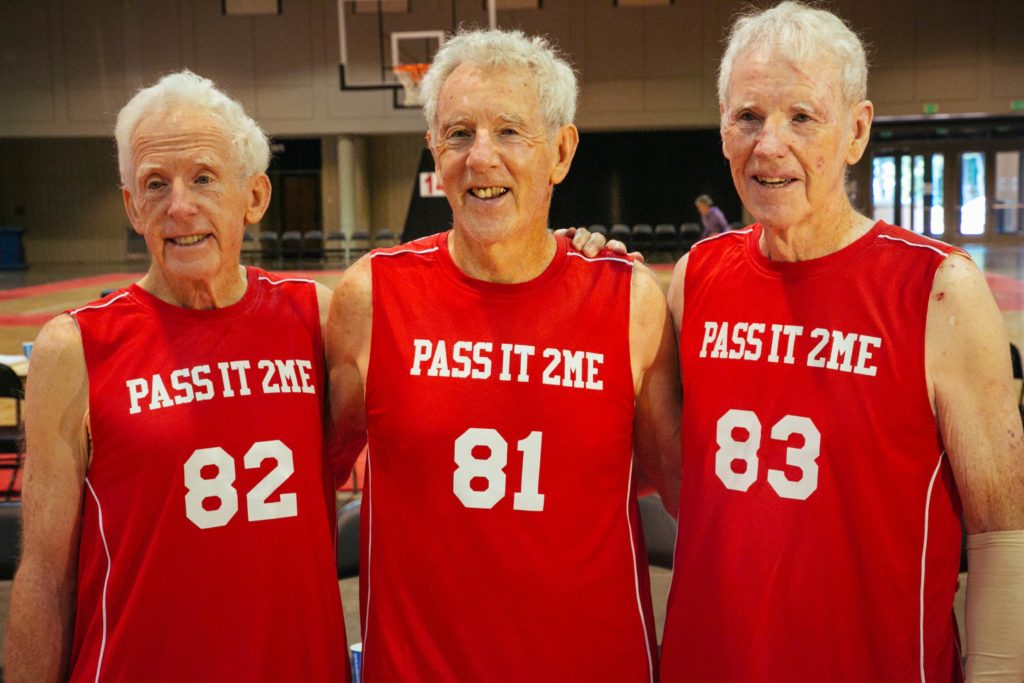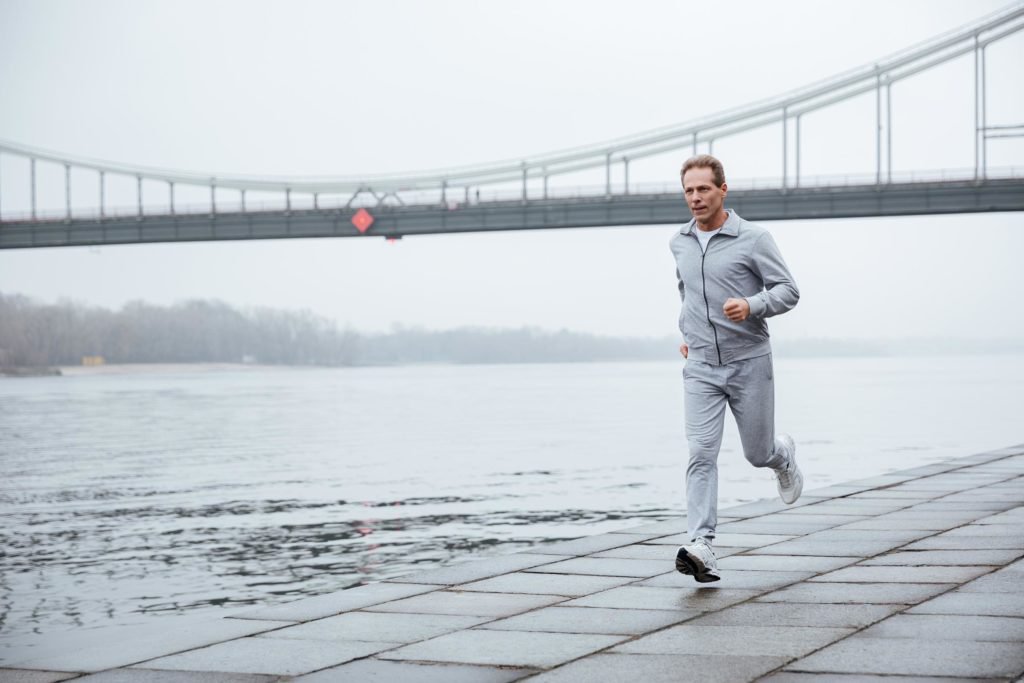These 50-and-over men share their intimate struggles with health, fitness, and happiness. Learn from their from their hard-earned wisdom to live your best life.
When you’re young, it might feel like so many of your days are an odd mix of limitless and limited, encouraging you to say “yes” to just about everything. Sometimes it’s important to decline—and it’s easy find ways to say “no” without offending anyone. For 53-year-old Jasper Cole, learning that balance is better than giving into FOMO (fear of missing out). And not just with alcohol or partying, but with physical fitness, too.
“I wish I had known in my 20s that it’s better to live a life of moderation and not excess. I wouldn’t have been so hard on myself or my body with over-exercising, dieting, and trying to control life rather than just living in the moment. I wish I had known that I didn’t need to over-train so much at the gym. Muscles need sufficient time to recover and have ‘muscle memory,’ which allows us to workout less as we age,” he shared. “Years of heavy lifting injured my back requiring a L5 disk replacement last year at 52 years old. As we age, we need to alter our workouts to help the body heal and recover.”
Protect your back and knees
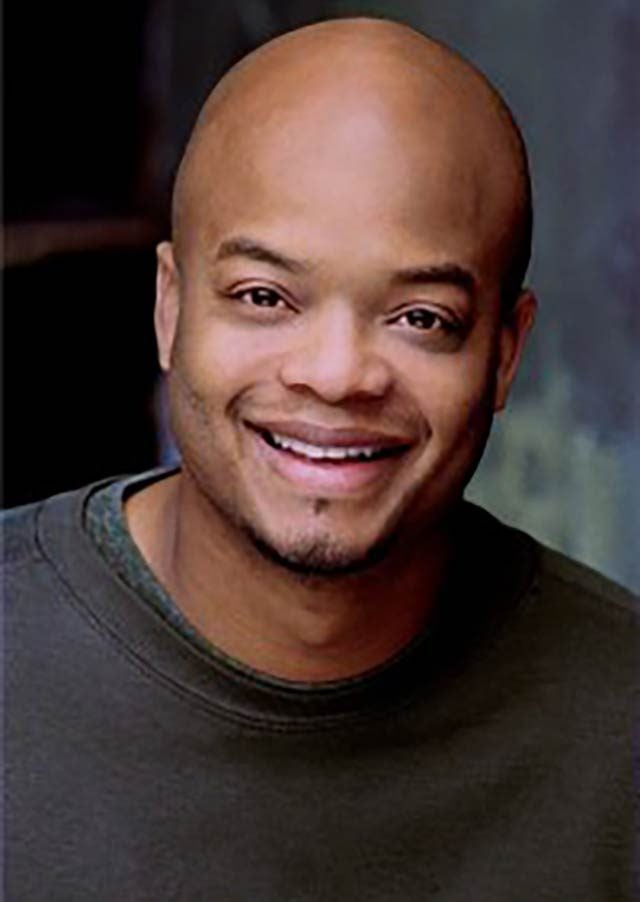
Back trouble can escalate quickly—make sure you know the signs your back pain needs medical attention. As everyone gets older, bone density weakens, which is especially troublesome for your back. For 52-year-old Todd Bridges, not paying enough attention and not giving enough TLC to his back ended in a painful experience.
“I wish I would have listened to my mom about the importance of protecting my back—instead, I ignored her words of wisdom while doing gymnastics, and playing football, basketball, tennis, and golf over the years. I didn’t realize or imagine how detrimental those activities would later be to my back,” he said. “In addition to my ongoing back problems, playing basketball on concrete growing up has resulted in bad knees. To date, I have had 13 surgeries and suffered from five hernias—a serious price to pay for ignoring mom.”
Pay attention to your teeth
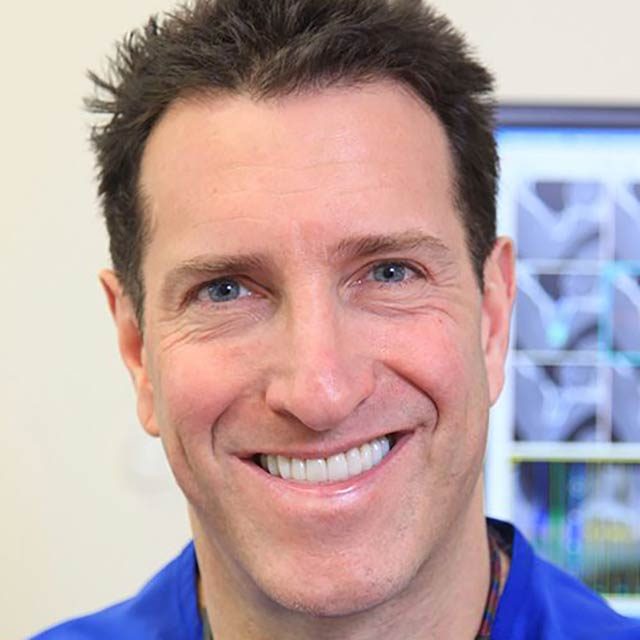
In the long laundry list of yearly and biannual health screenings, cleaning and taking care of your teeth might fall low on your list of priorities. Don’t let it—in fact, you’ll want to know the 13 things your dentist wants you to remember about your teeth. According to 56-year-old dentist Micheal Tischler, DDS, too many men put off taking proper care of their teeth until it’s too late and they’re faced with the issue of invasive and, often, painful and pricey, dental work. “It’s so important to take care of your teeth and your dental work while you’re still young. The dental tipping point starts in your 50s, when it often makes more sense to remove old dental work than it does to save or repair it,” he explains.
Take exercise more seriously

Though a successful entrepreneur, 68-year-old John Goodman really regrets not paying more attention to exercise, physical fitness, and his health when he was younger. “My advice for staying healthy is exercise. And you don’t need to be a marathoner. Walking is great. I walk three miles everyday, weather permitting. I try to do it midday so I escape from the office, and get my mind off work. Surprisingly, I get some of my best work ideas when I’m walking and not at my desk,” he explains. “Taking a walk instead of driving or walking to work, if you live close to your office, is a great, and easy way to lose weight, be healthier, and feel better physically and mentally. I’m a huge believer that walking those daily miles has been very beneficial to my health and well being.” (Here are 15 reasons to add a 15-minute walk to your daily routine.)
Find a diet that works for you
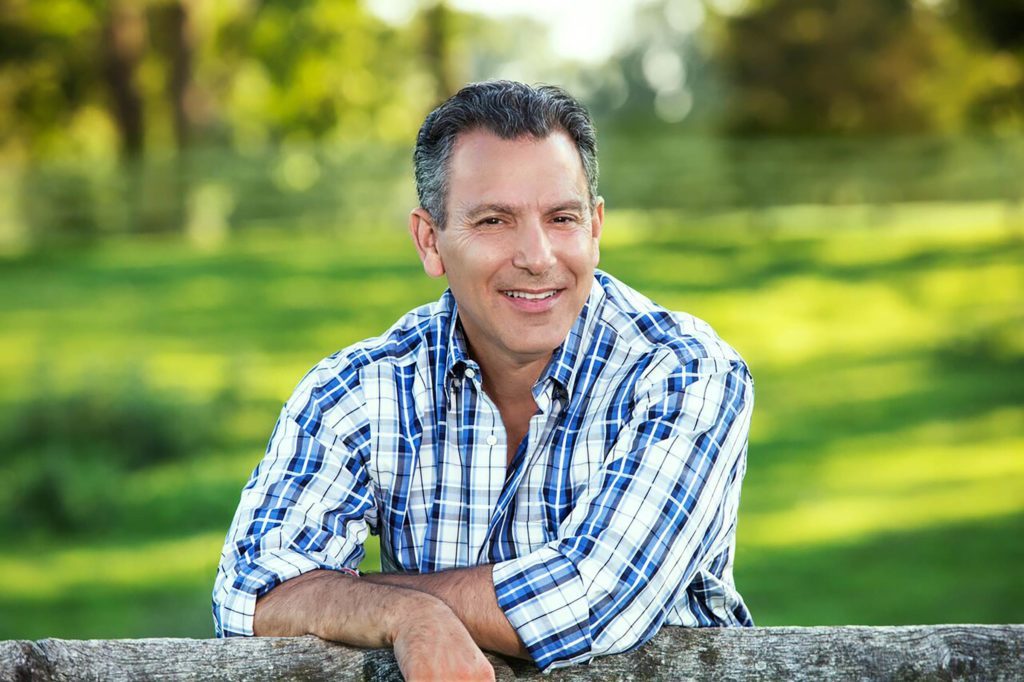
Make sure you’re eating the foods men need—it’s a great start to meeting your nutritional needs. But for Joel Kahn, MD, a 50-something clinical professor of medicine at the Wayne State School of Medicine, eating well has always been a focus of his life. Considering his profession, he selected a plant-based diet for nearly 40 years, and yet, he’s still struggled to get off a few extra pounds. The solution that made the difference didn’t happen for him until his mid-life. He explained: “I have learned after 50 to appreciate the health benefits of fasting for both weight control and for biomarkers suggesting a regenerative effect. I now take the first five days of each month and follow a program called a ‘fasting mimicking‘ diet that has allowed me to lose 20 pounds in a few months, see my blood pressure and lab values improve, and enjoy tremendous energy. On to the next 50 years leaner and healthier.” Fasting may not be for everyone—especially if you have other health issues like diabetes or heart disease—but experimenting to find a dietary approach that you can sustain and controls weight is vital.
Get your testosterone checked
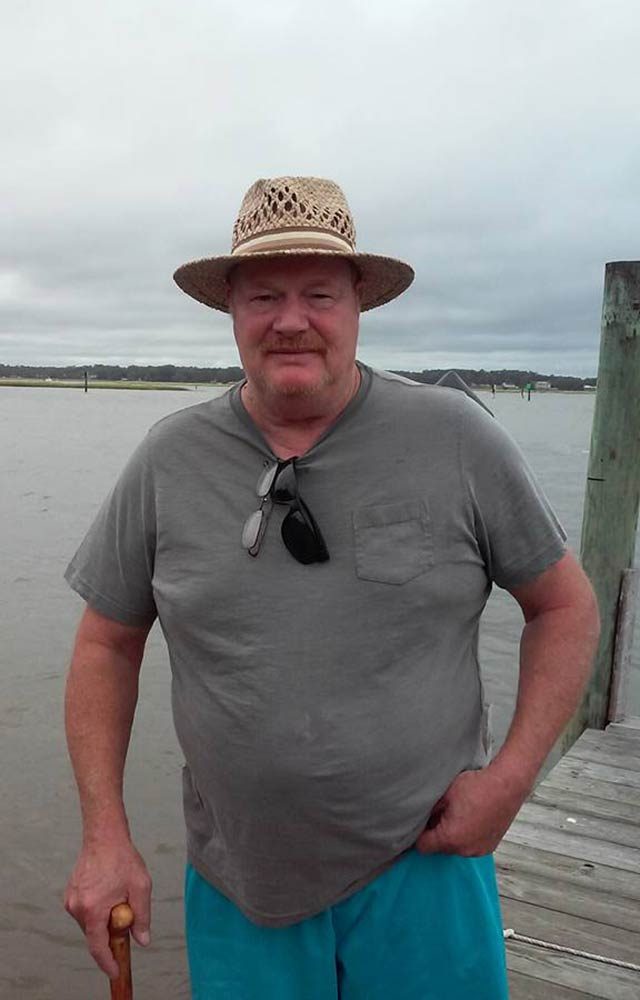
After battling what he thought was depression or bipolar disorder for years, retired fireman Jim Tigar’s life changed for the better when a random TV commercial planted the idea that he might have low testosterone. The once happy-go-lucky and carefree retired fireman had seen several doctors and been tested numerous times in attempts to discover what was wrong. There are male issues doctors aren’t always up-to-date on, and Tigar couldn’t find relief with any of the diagnoses or prescriptions he received. Late one night, the commercial about low testosterone came on, prompting Tigar to ask his doctor for a testosterone screen the next day. Tigar was low on the male hormone, and his doctor gave him a testosterone shot. Within a week he was back to himself—after a an excruciating seven-year ordeal. While Tigar was lucky to find an answer for his troubles, testosterone is not a solution for every man.
Know your limitations
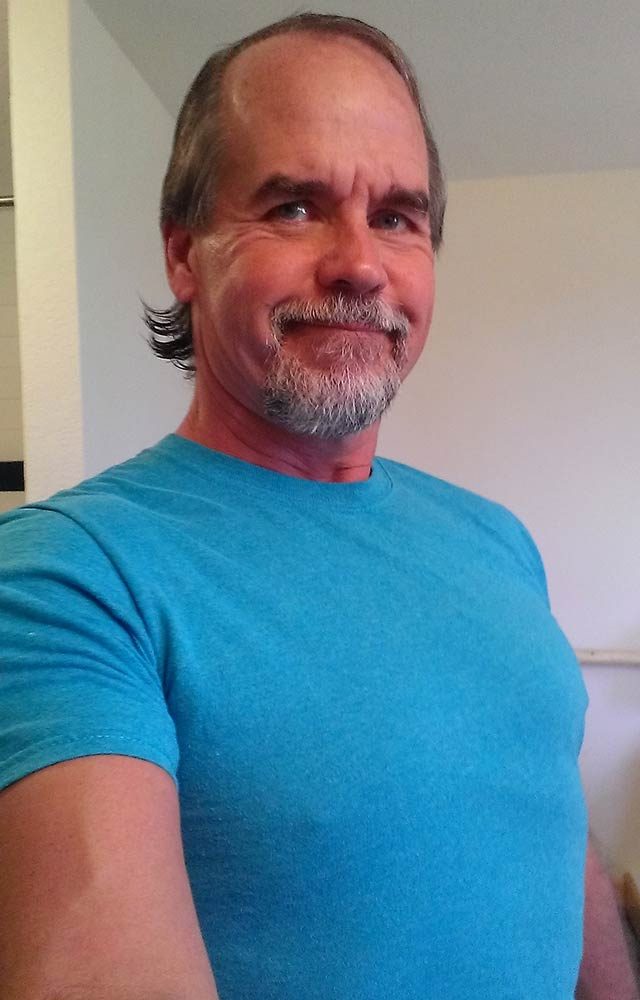
Scott Deuty’s health journey has taken many twists and turns over the past 55 years. But two lessons stand out: Protect your body, and don’t let injuries stop you. “I injured my back weightlifting 20 years ago due to lifting too much weight improperly. As a result I have a slight paralysis in my right leg. I opted not to have surgery as I wasn’t in pain and didn’t want to risk additional injury. My only limitations are slight weakness in my right leg which mainly affects my ability to control a ski,” he explains. “If you think ‘It won’t happen to me,’ you’re wrong. The human body has limitations that shouldn’t be ignored. There are many examples of those who didn’t take this advice and now have paid the price with permanent injuries. I fortunately have none.”
